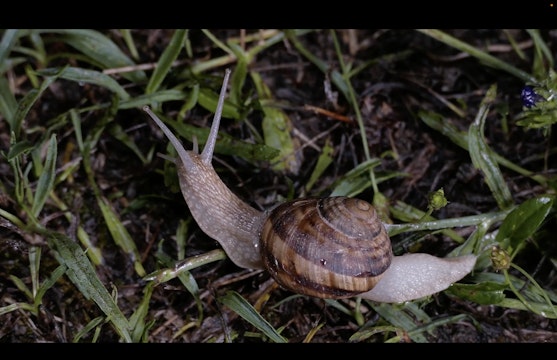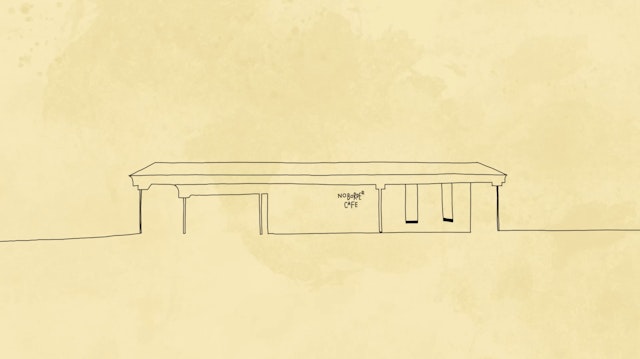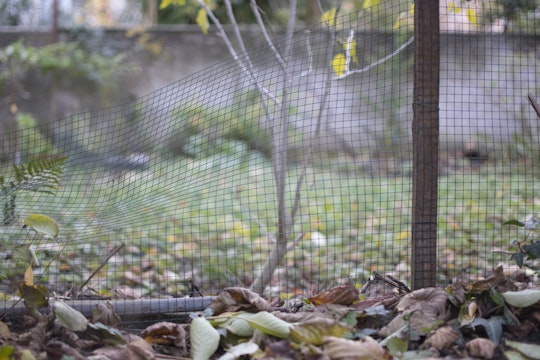Worlding through socially engaged art practice in Basel
Feminist scholar Donna Haraway often uses the term “worlding” to assert that humans are part of the environment, not separate from it; that we have a lot to learn from our animal, plant, and other kin; and that we are not the only shapers of our world: Our more-than-human kin also make and remake the world we share.
Partly influenced by Haraway, two groups from the Basel Academy of Music / FHNW are exploring themes including human and biological diversity, borders, migration, connection, and even survival — from the micro level of what lives in the soil, to the macro level of how humans from different nations relate in this increasingly urbanized Swiss city.
Inspired by research on the extraordinary biodiversity in Basel’s gardens, one group is embodying the living inhabitants of the soil in their own movement, music, and other artistic practices — learning to explore nature from within, rather than from above, and to sing, dance, play, grieve, compose, and decompose with nature in a meaningful way. The other group is conducting research on an iconic bridge that connects Basel to Germany and France, a cafe for refugees, and other urban sites that raise issues around the borders that divide, shape, and connect us as humans. The team is examining how both solid structures and migration impact our identities, communities, and sense of belonging.
The groups’ participation in The Witness is part of the beta phase of a new master’s program at the Basel Academy of Music / FHNW in which students and young professionals acquire skills in body movement and awareness, collective working processes, and field research in order to work with local communities.
Soil Witnesses: Ed Williams, Cris Arcos Cano, Anouk Neyens, Chloé Saffores, Lathika Vithanage, Olga Marulanda, Isabelle Meraner
Urban Witnesses: Iulia-Andreea Smeu, Kaspar Deicher, Miriam Paschetta, Hannah Wirnsperger, Nina Maghsoodloo











